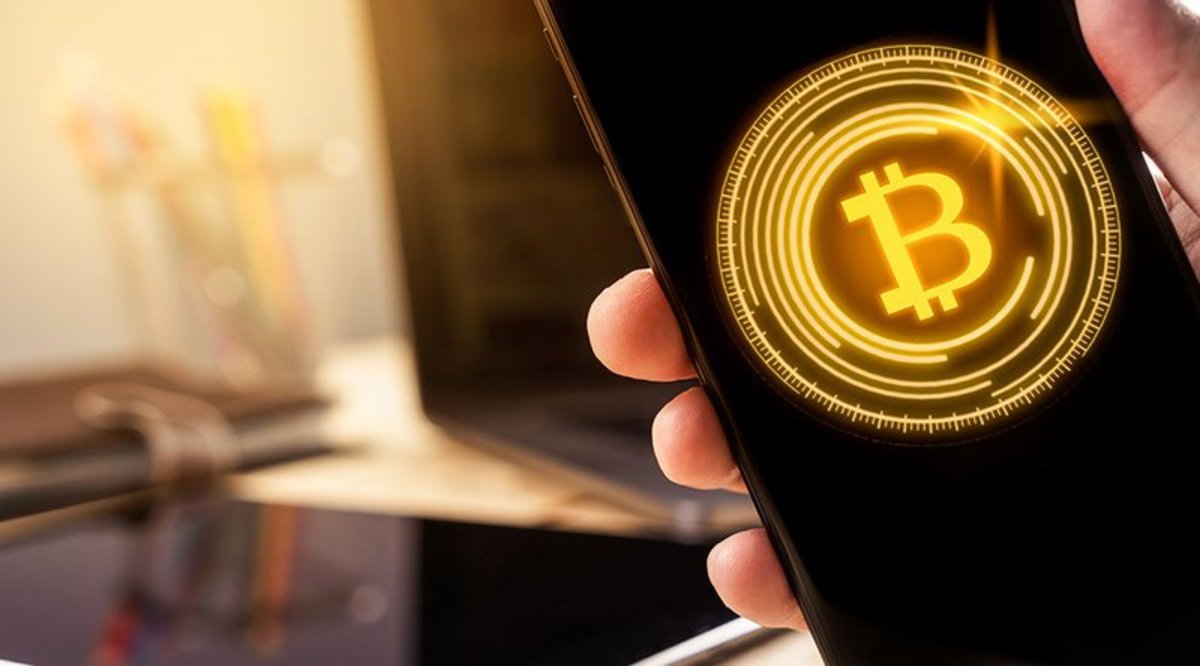
The Robinhood mobile app for smartphones, operated by a financial services firm headquartered in Palo Alto, allows individuals to invest in publicly traded companies and exchange-traded funds listed on U.S. stock exchanges without paying a commission. Earlier this year, the company announced that it was branching into cryptocurrency trading with Robinhood Crypto.
The Robinhood business model is based on collecting interest on the cash and securities in Robinhood accounts, much like a bank collects interest on cash deposits, rather than charging traders with commissions. Besides that, Robinhood sells premium “Robinhood Gold” accounts priced at $6 per month, with extra features such as the possibility to trade after hours and borrow capital.
In March 2018, The Wall Street Journalreported that, according to unnamed sources familiar with the matter, Robinhood is about to close a $350 million funding round from a group of investors led by Russian firm DST Global. The new funding would boost the company’s valuation to $5.6 billion, “a fourfold increase in just one year that reflects the stock-trading app’s soaring popularity among millennials.”
This would place Robinhood among the top 15 highest-valued private technology companies in the U.S., “representing an ambitious bet by investors that the firm can capture a sizable piece of the financial-trading market,” according to the WSJ.
Trading via Robinhood is especially popular among millennials. “By divorcing the idea of investing from the aging financial institutions that some millennials have come to distrust, Robinhood is ushering a new generation into the stock market,” notedFast Company. According to an early investor in the company, Robinhood “did a great job building a trusted relationship with the millennial demographic.”
Robinhood founders Vladimir Tenev and Baiju Bhatt created the company in 2012 to make financial services accessible to everyone regardless of income. “Robinhood started with the idea that a technology-driven brokerage could operate with significantly less overhead,” states the company’s website. “We cut out the fat that makes other brokerages costly — hundreds of storefront locations and manual account management.”
In a 2015 WSJ interview, Tenev said that, before Robinhood, many of the 90 million “mobile-first, share-everything” millennials in the U.S. felt investing was inaccessible due to fees and minimum account balances.
Besides low costs and streamlined paperwork, the sleek interface and powerful back-end features of the Robinhood app are also designed to be appealing to tech-savvy, demanding digital natives. The app features state-of-the-art security measures, real-time market data, timely notification of earnings, dividends, or splits, and a custom low-latency trading system.
Though the company plans to expand globally, Robinhood is still very much focused on the U.S., with Australia being the only foreign country where specific expansion plans have been announced.
Robinhood Crypto
In February, Robinhood started rolling out Robinhood Crypto, a new option to trade cryptocurrencies within the app. Currently, 16 cryptocurrencies including BTC, ETH, NEO, QTUM and ZEC are supported.
“Over the past few weeks, we’ve been overwhelmed by the enthusiasm toward Robinhood Crypto and are excited to contribute to the cryptocurrency community in a meaningful way,” reads the launch announcement. “With the release of Robinhood Crypto, we’re continuing our mission of making the financial system work for everyone, not just the wealthy.
Robinhood Crypto trading is only available, at this moment, to users in California, Massachusetts, Missouri and Montana. The company is rolling out crypto trading gradually and claims that over one million people are in line to get access. In the meantime, all investors on Robinhood can monitor and track cryptocurrency market data. A social platform to discuss cryptocurrencies, dubbed Robinhood Feed, is also being rolled out gradually.
“Investors also see opportunity in Robinhood’s recent introduction of trading in cryptocurrencies like bitcoin, according to a person familiar with the investment,” notes the WSJ.
For now, Robinhood doesn’t support withdrawing cryptocurrencies to external wallets or depositing cryptocurrencies from external wallets to Robinhood Crypto accounts. The company plans to allow cryptocurrency withdrawals soon. Concerning cryptocurrency deposits, the only statement is, “We’ll be sure to update you if and when this type of transfer becomes available.”
Not surprisingly, the reluctance to allow cryptocurrency deposits is motivated by regulatory requirements “to prevent money from illegal activity being used for transactions on Robinhood Crypto.”
However, it can be argued that, to democratize investing and put “power previously held by financial institutions directly in the hands of the people,” as they state on their company blog, Robinhood should consider allowing cryptocurrency deposits, especially in view of an international expansions.
If the Robinhood team really wants to go global, they should bear in mind that billions of people in the developing world don’t have access to credit cards and bank accounts, and cryptocurrencies are rapidly emerging as an alternative financial empowerment means for the unbanked.
Bitcoin Magazine reached out to Robinhood for comments and questions but was told that there were no representatives available.










